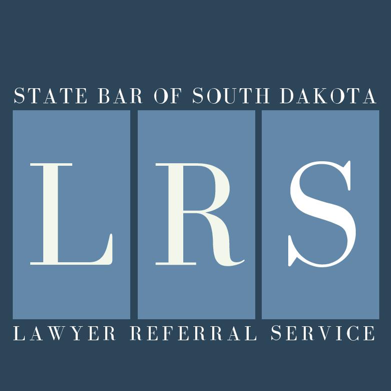Non-governmental assistance may come from many sources, but most commonly comes in the form of assistance with the management of business or finances, either through a power of attorney or a guardianship.
A power of attorney is what you can grant to a friend or relative or other trusted person to allow that person to act as your agent to do the things you cannot do for yourself, such as collect your funds and deposit them and pay your bills. What can be done under a power of attorney depends entirely upon the express powers granted. For this reason, a power of attorney should always be prepared by a professional. It should grant only those specific powers you wish granted.
In addition to limiting the powers of the agent, the power of attorney may be effective until revoked in writing, or it may be limited to a specific period of time. Should you become disabled, the power of attorney will lapse.
A power of attorney that is not affected by your disability is designated as a "durable" power of attorney. To create a durable power of attorney, the document must state that it is intended to be durable, or that the power of attorney will not be affected by the disability or incapacity of the person creating the power of attorney.
South Dakota laws allow a durable power of attorney to be used for health care decisions, including the decision to consent to, reject, or withdraw consent for medical procedures, treatment or intervention, except that special circumstances must exist before nutrition or hydration may be refused. For further information about a durable power of attorney for health care ask for the State Bar of SD/SD State Medical Association brochure entitled, "Planning for Health Care Decisions.
The term "living will" is used to describe a document that provides written instructions regarding your wishes for health care in the event of terminal illness or irreversible condition and an inability to give informed consent An individual must be competent in order to create the declaration.
A living will must be signed by the individual creating the document and must be witnessed by two adults. A living will is effective when an attending physician and one other physician determines that the patient/declarant is in a terminable condition and is no longer able to make decisions regarding the administration of life- sustaining treatment. A living will may, but need not, be in the form prescribed by the legislature.
A living will might describe what constitutes "life-sustaining" procedures, whether artificial nutrition or hydration should be specifically withheld, or whether "lifesustaining" treatment should be administered.
A physician or health-care provider is not subject to civil or criminal liability or discipline for unprofessional conduct for giving effect to a living will, absent actual knowledge of its revocation. Further, a physician or health-care provider has a duty to make an effort to locate or transfer a patient if the physician/health care provider is unwilling to participate in a decision to withdraw or withhold life-sustaining treatment.
A well-drafted living will is trustworthy evidence of an individual's wishes for certain health-care decisions.
Learn more about living wills here.
A guardianship or a conservatorship requires a circuit court proceeding. It creates in another person a guardianship over your person, or a conservatorship of your property (called your "estate"), or both.
This information is based in South Dakota law and is designed to inform, not to advise. No person should ever apply or interpret any law without the aid of an attorney who knows the facts and may be aware of any changes in the law.

Get a consultation from a local, qualified lawyer.
Get started ⟶
